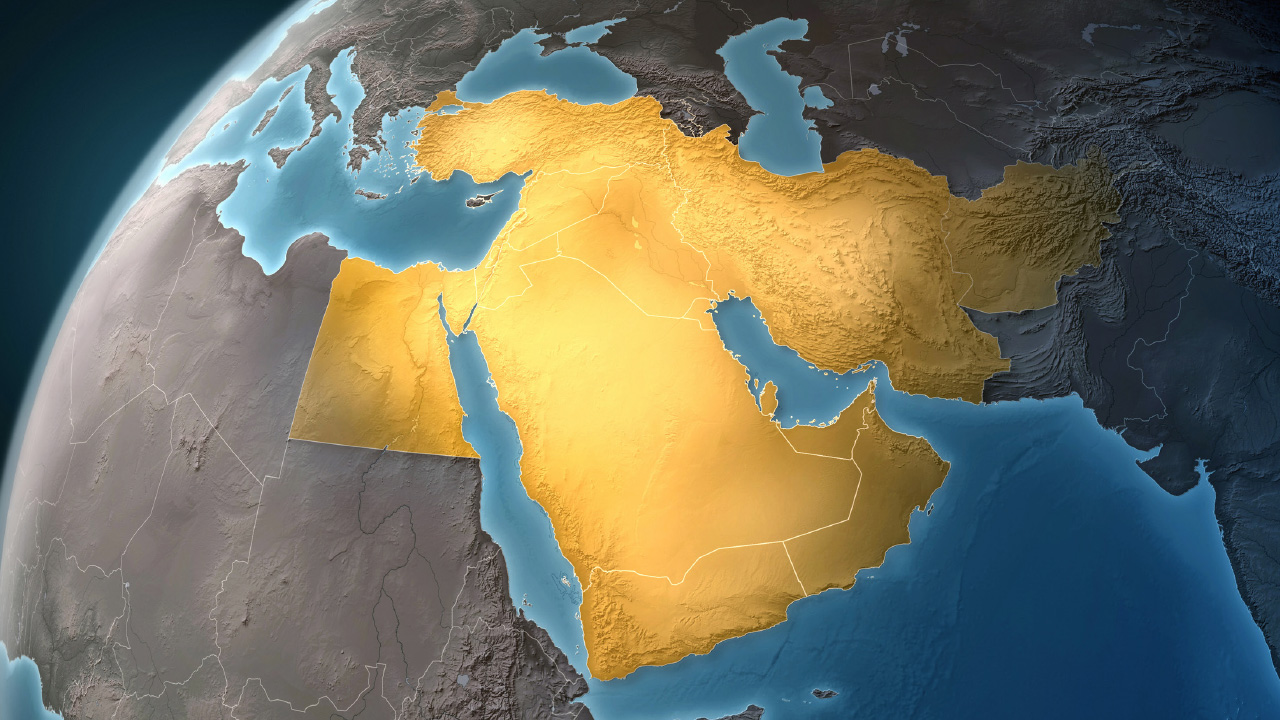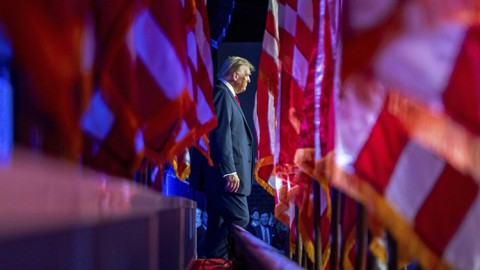In recent months, the conflict between Israel and Lebanon’s Hezbollah has intensified, raising alarms about the potential for a wider regional war. This escalation, marked by regular exchanges of missile fire and airstrikes, threatens not only the immediate safety of civilians but also the broader stability of the Middle East, with significant repercussions for the global economy, particularly in the energy sector.
Rising Tensions and Military Actions
The conflict between Israel and Hezbollah, an Iran-backed militant group, has been simmering for decades. However, the latest escalation began with the eruption of the Gaza war in October. Since then, Hezbollah has been launching rockets into Israel in solidarity with Hamas, the group controlling Gaza. Israel has responded with airstrikes targeting Hezbollah positions in southern Lebanon leaving a number of the group’s leaders and fighters killed.
The intensity of the conflict was underscored recently when Hezbollah leader, Sayyed Hassan Nasrallah, issued strong threats against Israel. In a televised address, Nasrallah warned that no place in Israel would be safe from Hezbollah’s missiles and drones in the event of a full-scale war. He also threatened Cyprus, accusing it of supporting Israeli military operations, thereby expanding the potential scope of the conflict beyond the immediate region.
Broader Implications of a Wider Conflict
The potential for a wider conflict involving additional regional players such as the Syrian regime, Iraq’s Iran-backed militias, Iran and Yemen’s Houthi rebels is a significant concern. Iran, a major backer of Hezbollah, could become directly involved, further destabilizing the region. Yemen’s Houthis, who are also aligned with Iran, have capabilities that could be directed against Israel or its allies, adding another layer of complexity to the conflict. Many experts also speculate about potential roles of other world powers such as Russia and China.
A broader war would have catastrophic humanitarian consequences. Tens of thousands of people have already been displaced on both sides of the Israeli-Lebanese border. An expanded conflict would likely result in even greater displacement, exacerbating the existing humanitarian crisis in the region.
Economic and Energy Sector Risks
The outcome of this war, however, is too vast in terms of global economic stability. The role of the Middle East in the production and transportation of oil and gas is very significant. Any disturbance in this area may be felt throughout the world.
For instance, Brent crude prices recently surged above $86 per barrel as fears of an all-out war between Israel and Hezbollah grew. Markets are particularly sensitive to the possibility that a regional war could disrupt oil supplies, leading to higher prices and potential shortages. This is especially concerning given the current volatility in global energy markets.
Diplomatic Efforts and International Concerns
International actors have been actively working to de-escalate the situation. U.S. President Joe Biden sent his special envoy, Amos Hochstein, to the region in an attempt to prevent a full-scale conflict. Secretary of State Antony Blinken has also urged Israeli officials to avoid further escalation.
European leaders, too, have expressed their concerns. German Foreign Minister Annalena Baerbock recently warned that any miscalculation could trigger an all-out war, emphasizing the need for restraint on both sides.
Both Israel and Hezbollah are aware of the high stakes involved in a potential full-scale war. Israel possesses one of the most powerful military in the Middle East, but Hezbollah is a formidable adversary with thousands of experienced fighters and a vast arsenal of missiles capable of striking deep into Israeli territory. The group’s capabilities were demonstrated during the 2006 war when it successfully hit an Israeli warship in the Mediterranean.
Hezbollah’s recent actions, such as the firing of anti-aircraft weapons at Israeli planes and the use of drones for surveillance and potential attacks, indicate a strategy aimed at deterring Israel from a broader confrontation. However, these actions also risk provoking a more aggressive Israeli response.
The Need for Caution
The current escalation between Israel and Hezbollah is a dangerous flashpoint with the potential to ignite a much larger conflict involving multiple regional and international actors. The humanitarian and economic stakes are incredibly high, underscoring the urgent need for effective diplomatic intervention to prevent a broader war.
While both sides appear to be engaging in a show of strength, it is crucial that cooler heads prevail to avoid a catastrophic escalation. The international community must continue to push for restraint and dialogue, emphasizing the severe consequences of a wider conflict not only for the region but for global stability.







